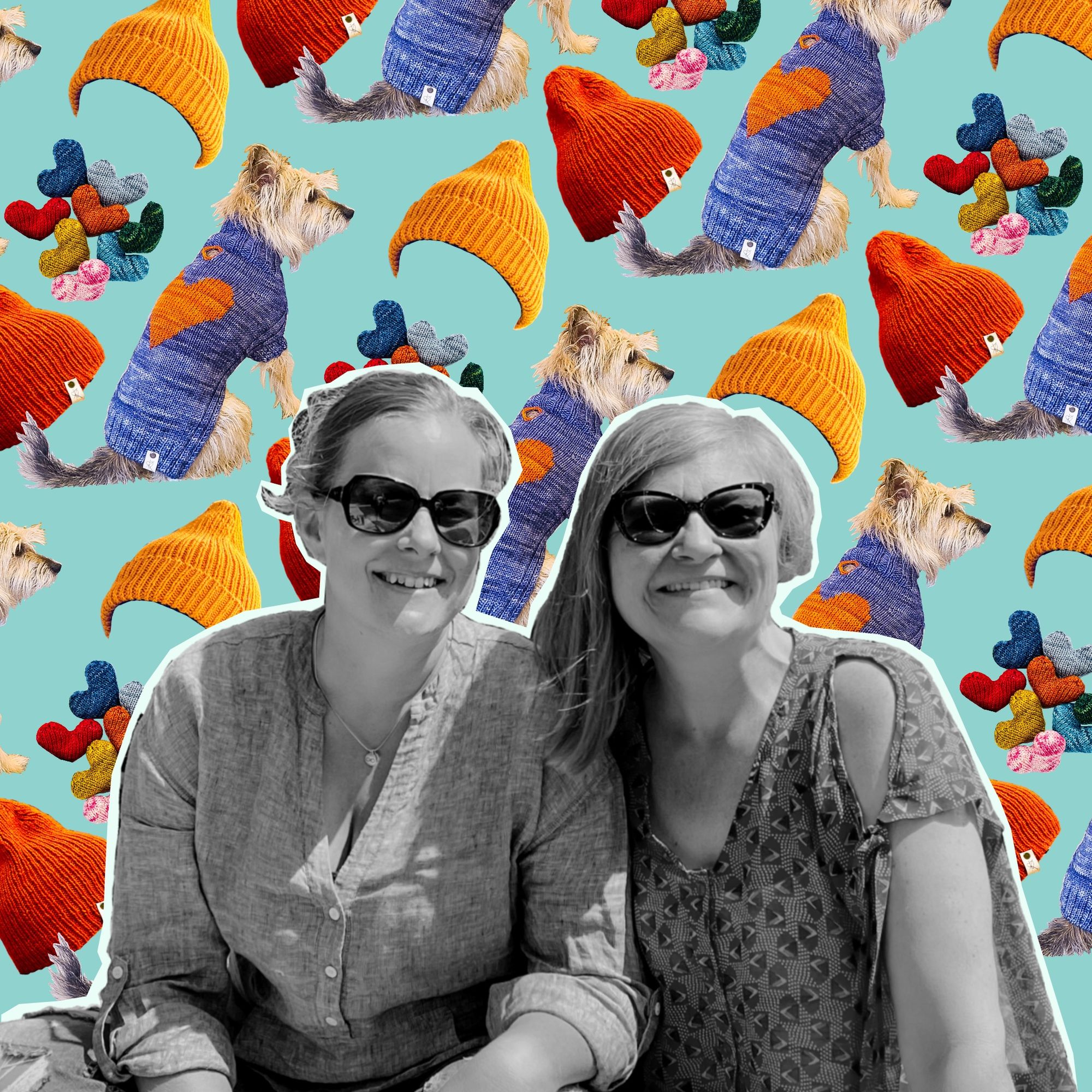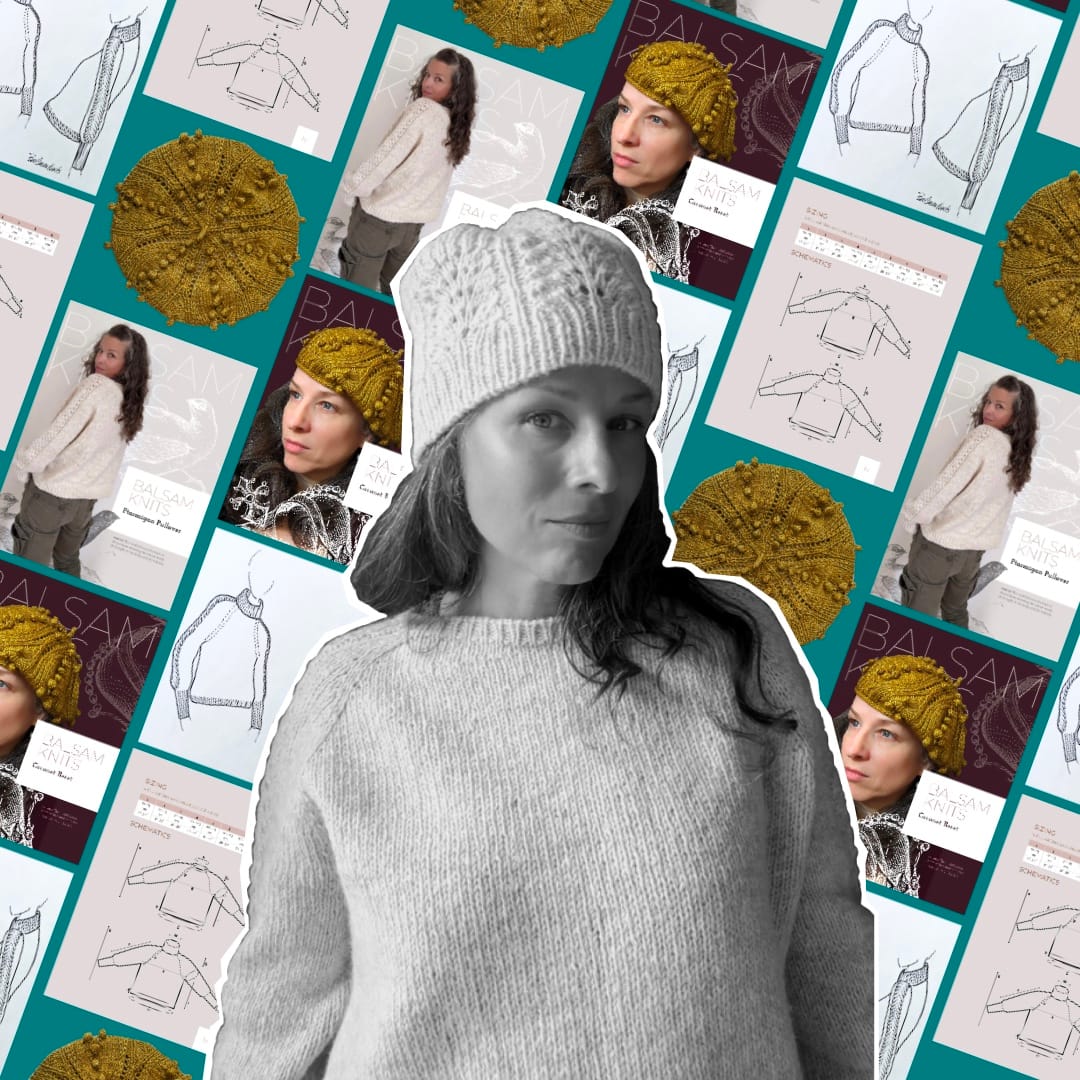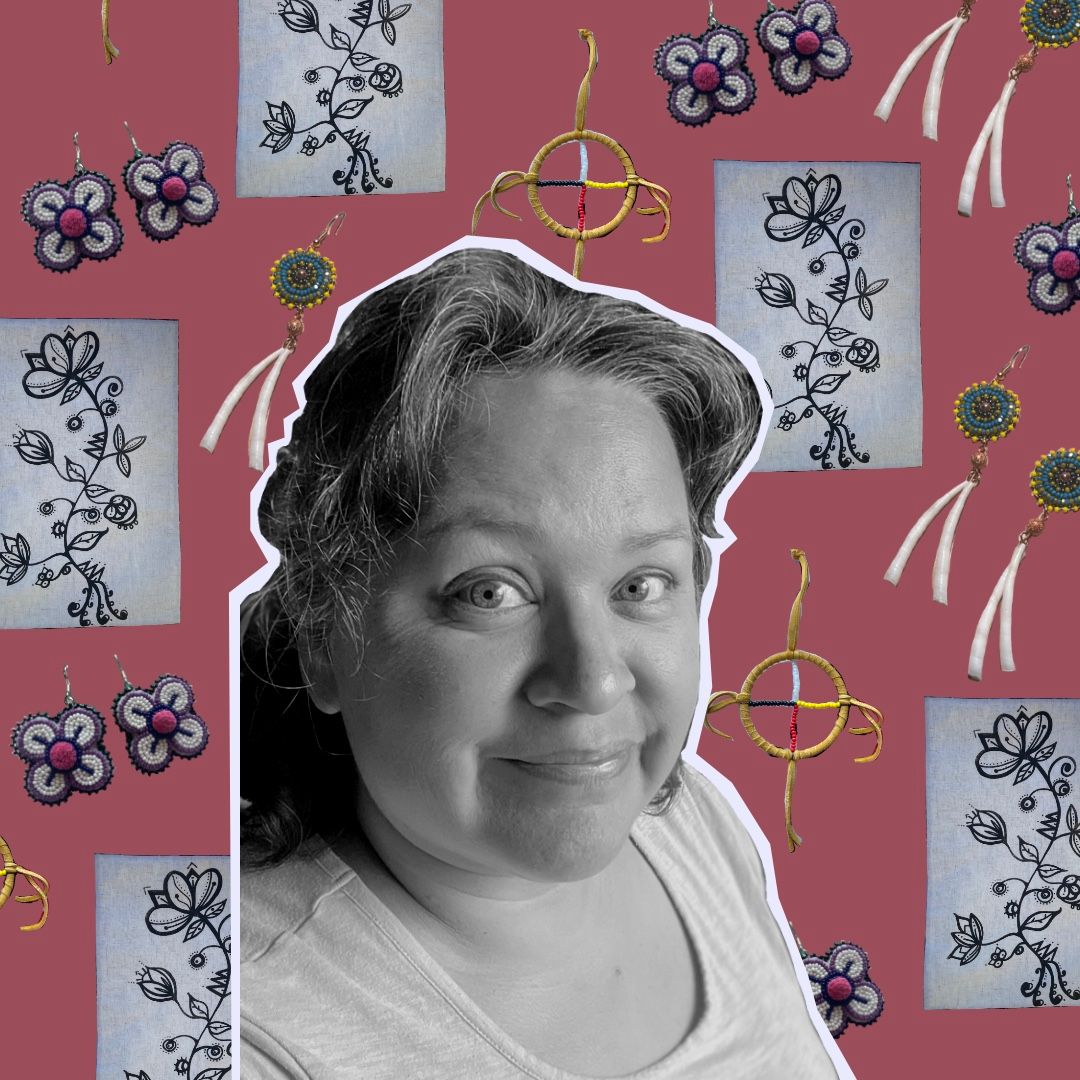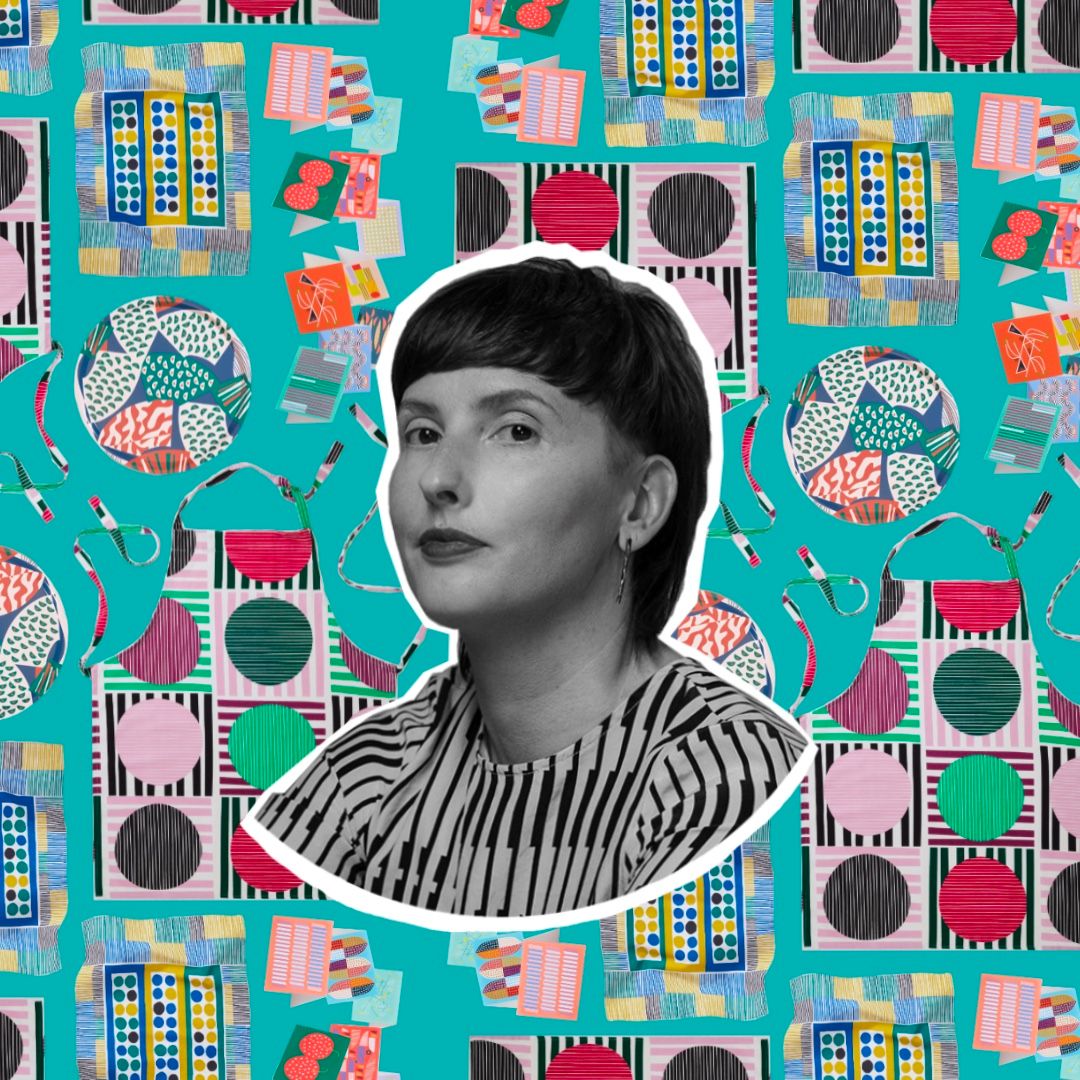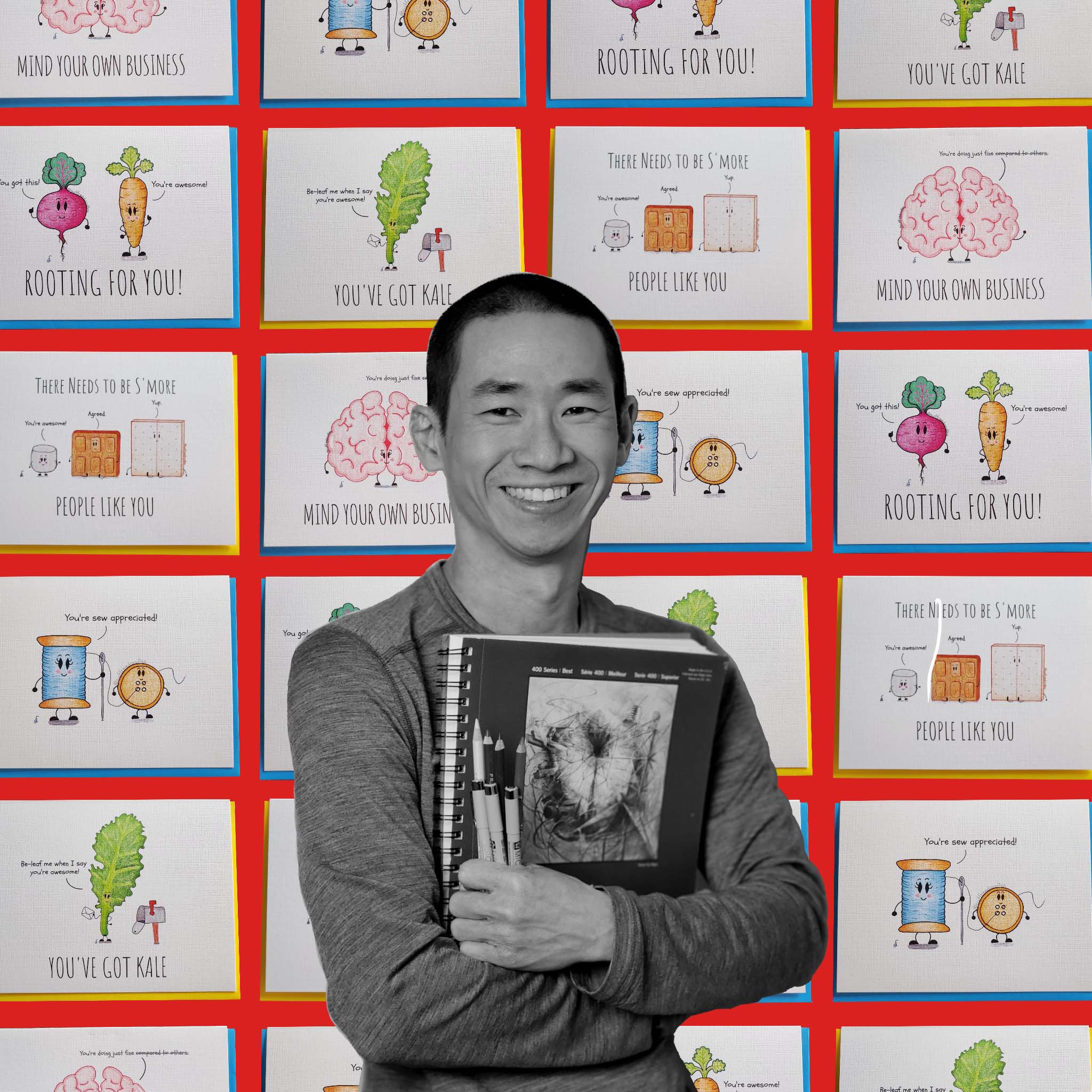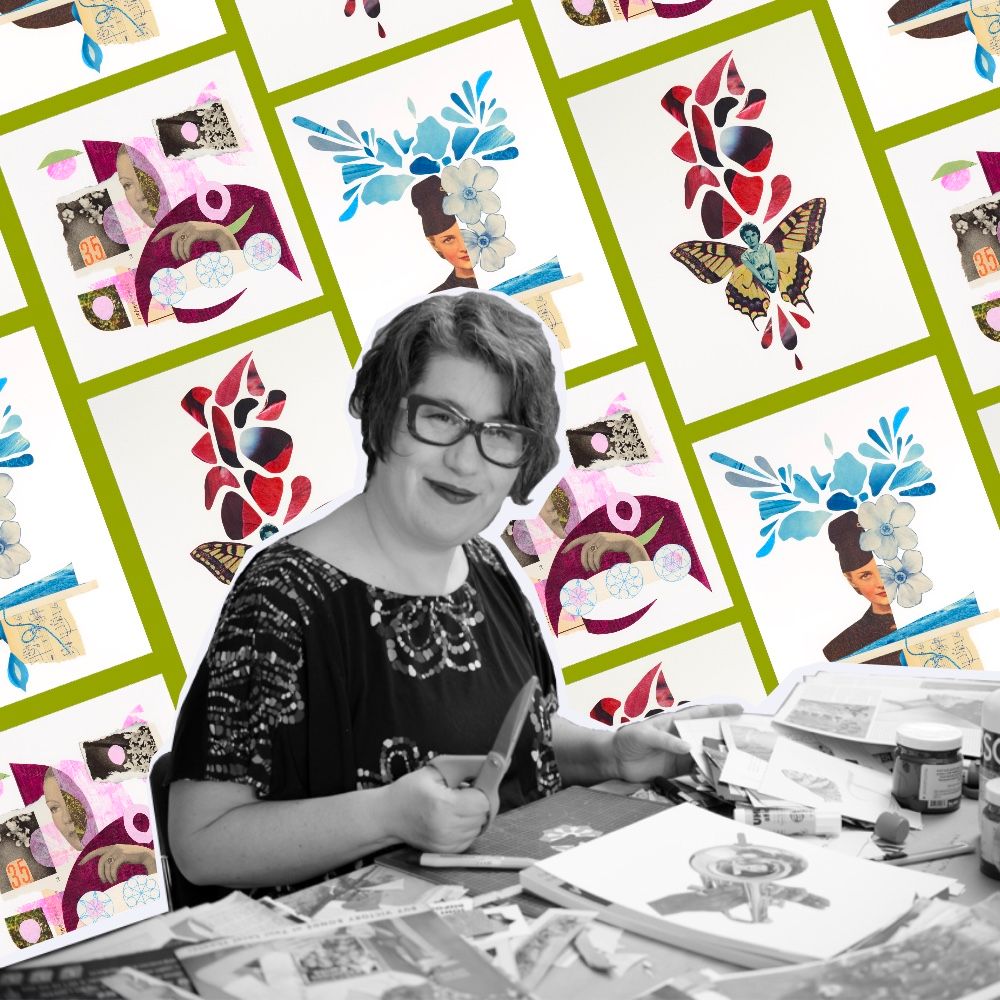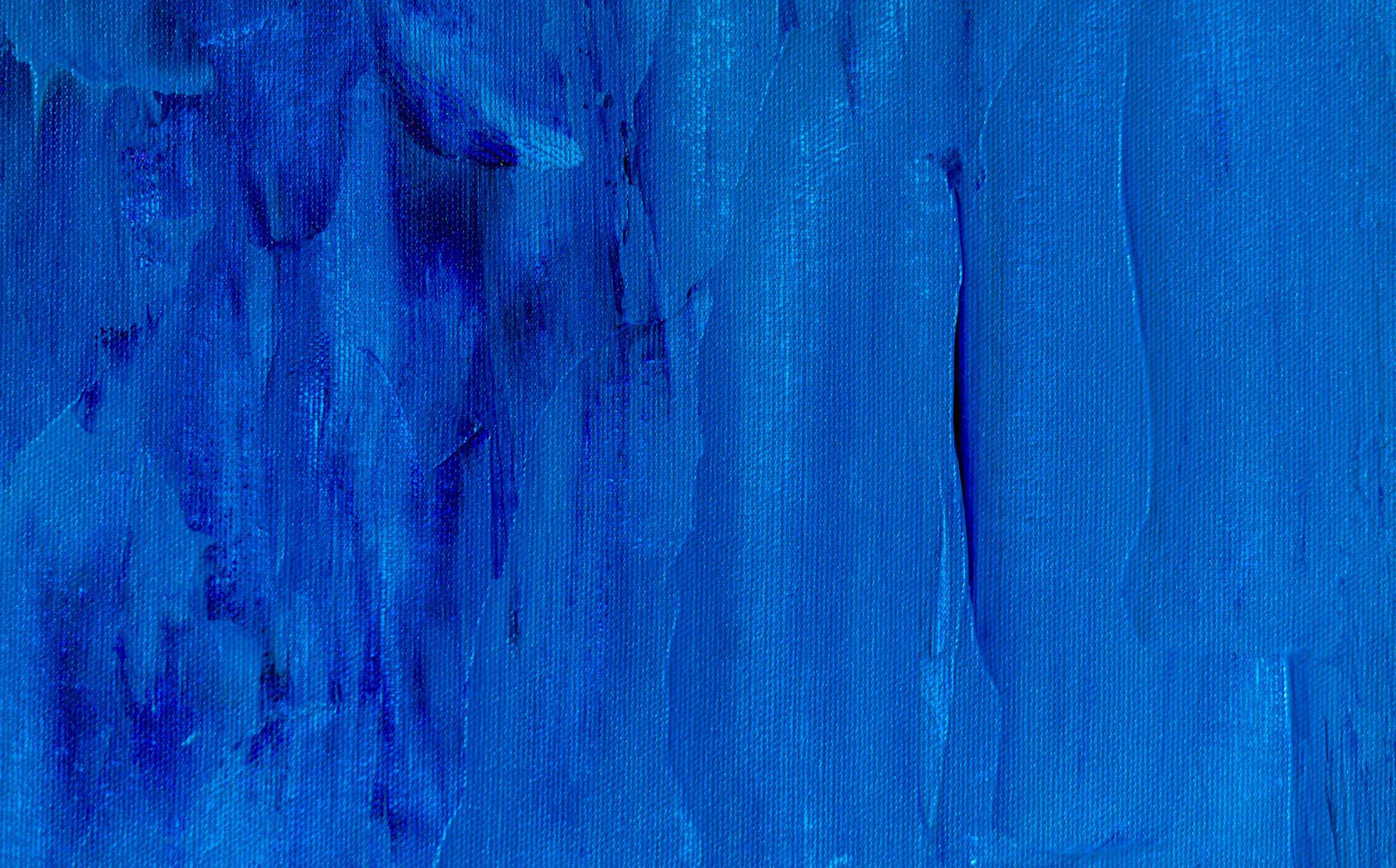We love our members, so every month we feature one of them on the site and in the newsletter. This month, our featured member is actually two members: Tracey Girma and Ali Smith, partners in knitted goods business InfiKnitLove (@8knitlove). Here, the pair gamely answer all our questions about their work and their life.
(P.S., not a member yet? What are you waiting for?)
Editor’s note: While all products and services we feature in this story are independently selected, some items use affiliate links. This means that if you click these links and make a purchase, we may earn a commission. You can find out more in our privacy policy.
Workshop: Describe your business in 10 words or less.
Tracey Girma: InfiKnitLove stitches stories of healing into modern wearable art.
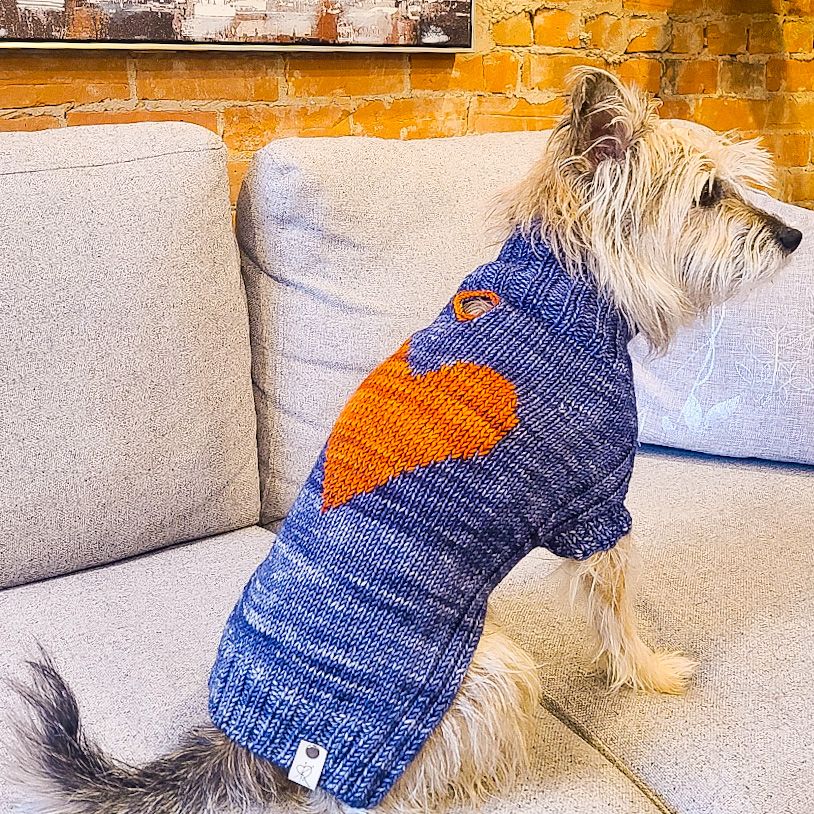
W: What was the first product you sold?
TG: Ali and I individually had injuries that took us out of conventional work, and started knitting as a way to heal from those injuries. We met in a pain management group, and part of what we had in common was that we were both knitters. After meeting and connecting over this knitting passion, Ali suggested that we have a sale. We had knit so much that we couldn't even give it away to friends and family.
Within that first year of meeting, we had a private sale at her mom's house just for friends and family, so we found it hard to nail down what the first product we sold was. But that was a pretty big event for us, because knitting wasn't intended to be a business. Would people buy what we were selling? Would they appreciate the value that we had put on things? Could we let go of these things that we'd put so much emotion into?
It was this huge success. We each made over $1,000 at this first sale. One of the products we sold was this thing we called Linen in the Wind, using what we call gourmet yarn, and it was our most expensive product. That blew us away, that our most expensive product sold so well. But just the fact that the sale was so successful was pretty powerful to us in that first year.
W: What’s your latest innovation?
TG: We haven't released it yet, but we're working on a product that integrates coded messages into our knitted pieces. Knitters back in World War II used to be used as spies: knit and purl is basically a code that can be used and then unravelled. Learning that history, and the idea of these older women being overlooked as spies, is fascinating to me. Those pieces will be released in the fall.
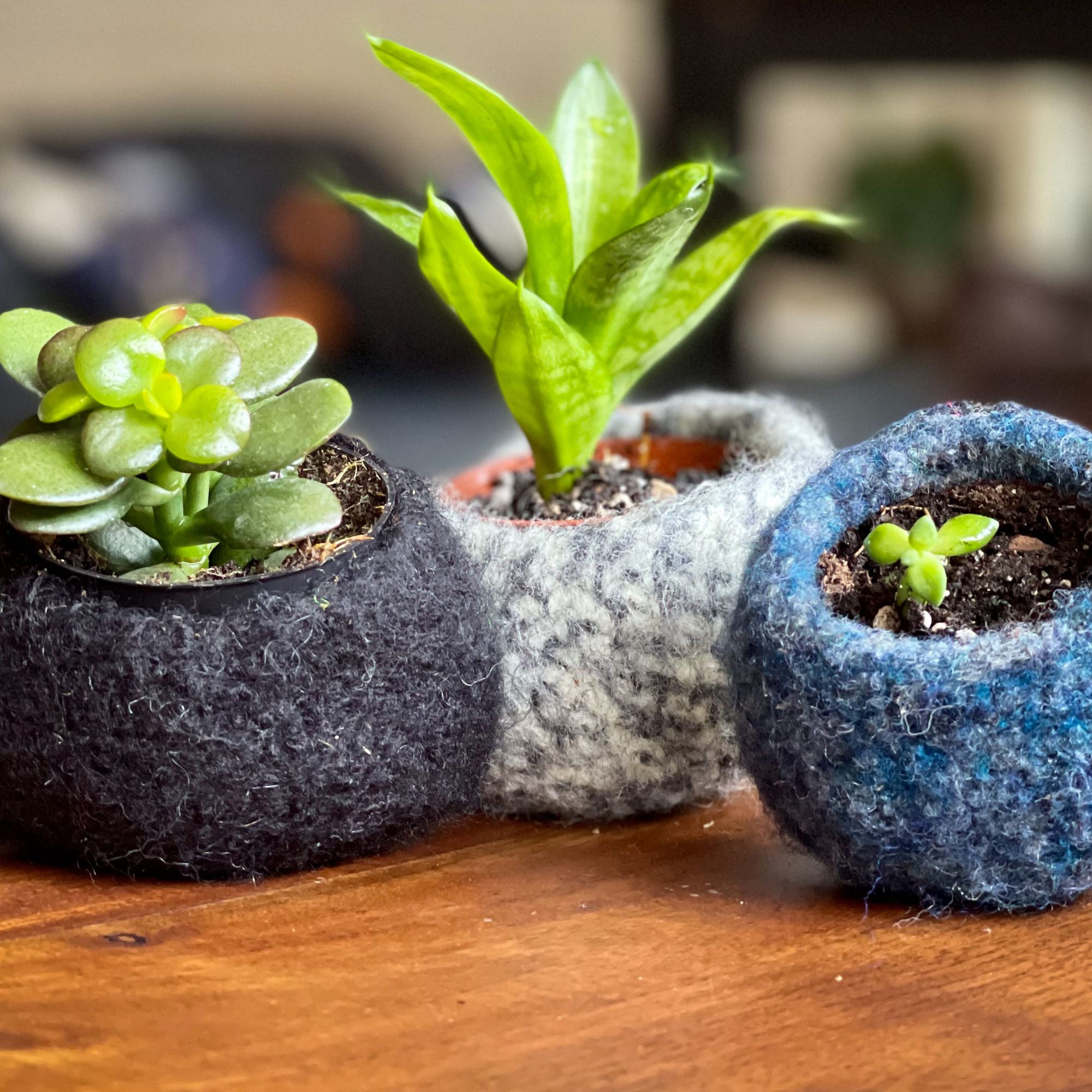
W: What’s something you’ve done in the past year that you’re proud of?
Ali Smith: We originally went with Square as a website platform, and it was so complicated. We decided to change to a different platform and it took us months to get to a point where we could release it. Finally, when we did, it was like a weight came off our shoulders. It's not perfect by any means, and it's always a work in progress. But we're both really proud that we took on this task and did it together.
W: What’s something new that you’ve learned lately?
AS: Planning and focus. Like Tracey said, we used to do the sales at my mom's place. The night before, we'd be sitting there sewing in ends and blocking things and pulling our hair out trying to tag things. We have now done our best to focus our knitting on certain pieces and to finish things as we go, just to be organized and for things to run a lot smoother. That takes a lot of stress out of our lives.
W: What’s the most recent thing you’ve bought from another Canadian maker?
TG: Ali bought me this. I'm so proud of it. It's a necklace from Clay Tulips by C. She's a jewellery designer who has this really interesting process for making imprints from found objects. My mum recently passed away and tulips were her favourite flower. And so Ali picked this up for me and I wear it every day.
Since becoming makers, both of us have really increased our buying from local Canadian makers. It opened our eyes to the importance of that, but also to how many great makers there are.
AS: And I bought a bracelet from the same woman.
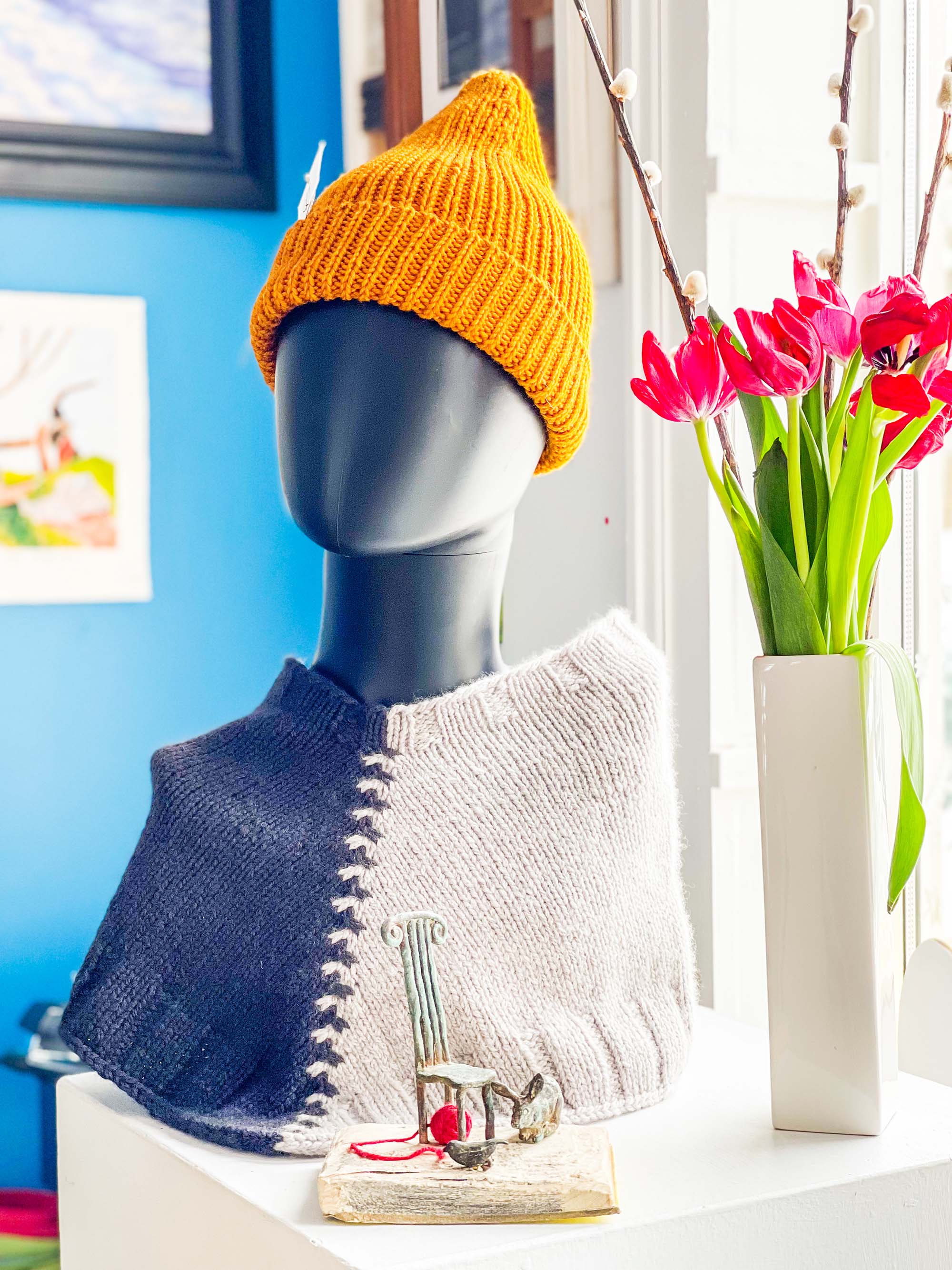
W: Describe your dream studio.
TG: Definitely lots of sunlight. Big comfortable chairs for knitting in, wall shelves filled with bright, beautiful yarn. Probably Ali's answer would be a washing machine because she makes all our felted slippers, and it's a pain to go back and forth to the garage to use the washing machine.
AS: Like she said: open, airy, comfortable chairs. A little fridge that has snacks, maybe some drinks in it, so you can throw them on the coffee table and sit and nibble. Also enough room so people can come in, because we're going to start teaching knitting. Enough space so that you could host a small workshop.
W: What’s one book, movie, TV show, magazine, podcast or album that you’re loving right now?
TG: I have it here to show you, I'm very excited — this book called Your Brain on Art. My background before my accident was science and healthcare. I used to always say I didn't have a creative bone in my body. Then, after trying everything else to heal from my injuries, it was knitting that worked for me. That's very anecdotal, but — then to meet Ali where it worked for her, too — I just accepted that as making sense.
But this group is doing scientific research out of Johns Hopkins, working with neuroscientists, trying to build out art as a prescription for medical illnesses and proving the science behind what happens in the brain when you do the full spectrum of visual arts, music and crafts like knitting, and the benefits to your health. I'm loving all this because it validates what I experienced myself.

